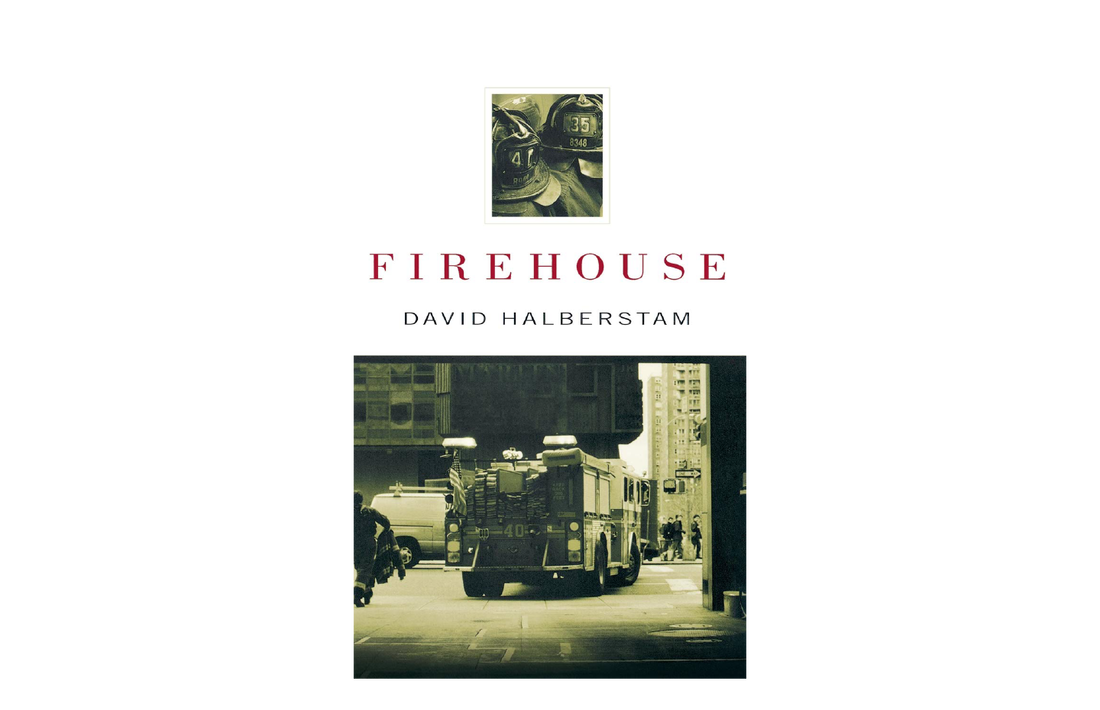America /Firehouse
FIREHOUSEDAVID HALBERSTAM, ©2002
Firehouse takes us to the epicenter of the tragedy. On the morning of September 11, 2001, two rigs carrying thirteen men set out from this firehouse: twelve of them would never return. Through the kind of intimate portraits that are Halberstam's trademark, we watch the day unfold—the men called to duty while their families wait anxiously for news of them. In addition, we come to understand the culture of the firehouse itself: why gifted men do this; why, in so many instances, they are eager to follow in their fathers' footsteps and serve in so dangerous a profession; and why, more than anything else, it is not just a job, but a calling.
|







